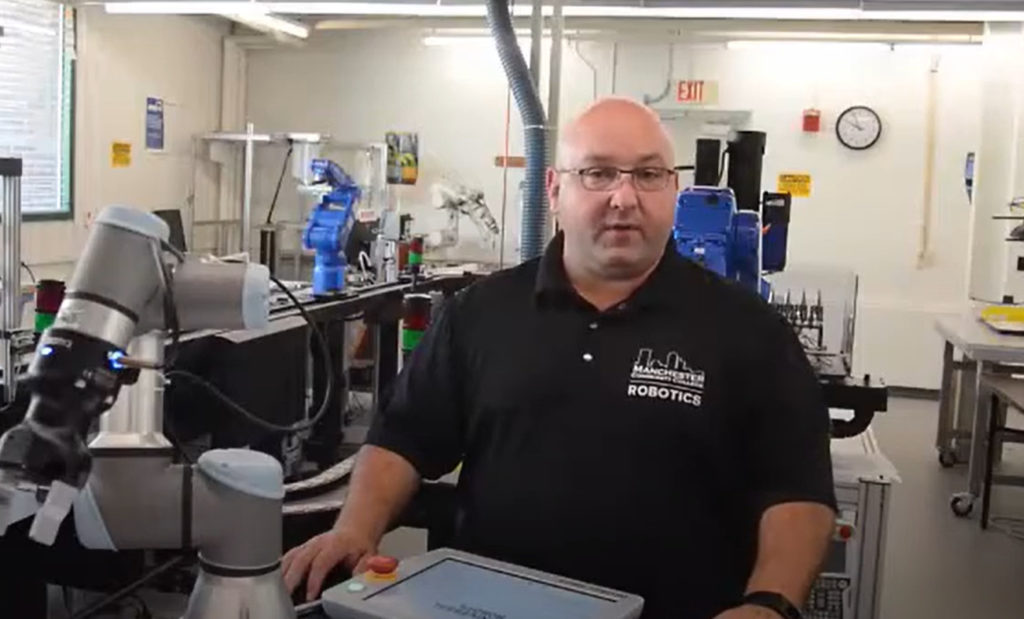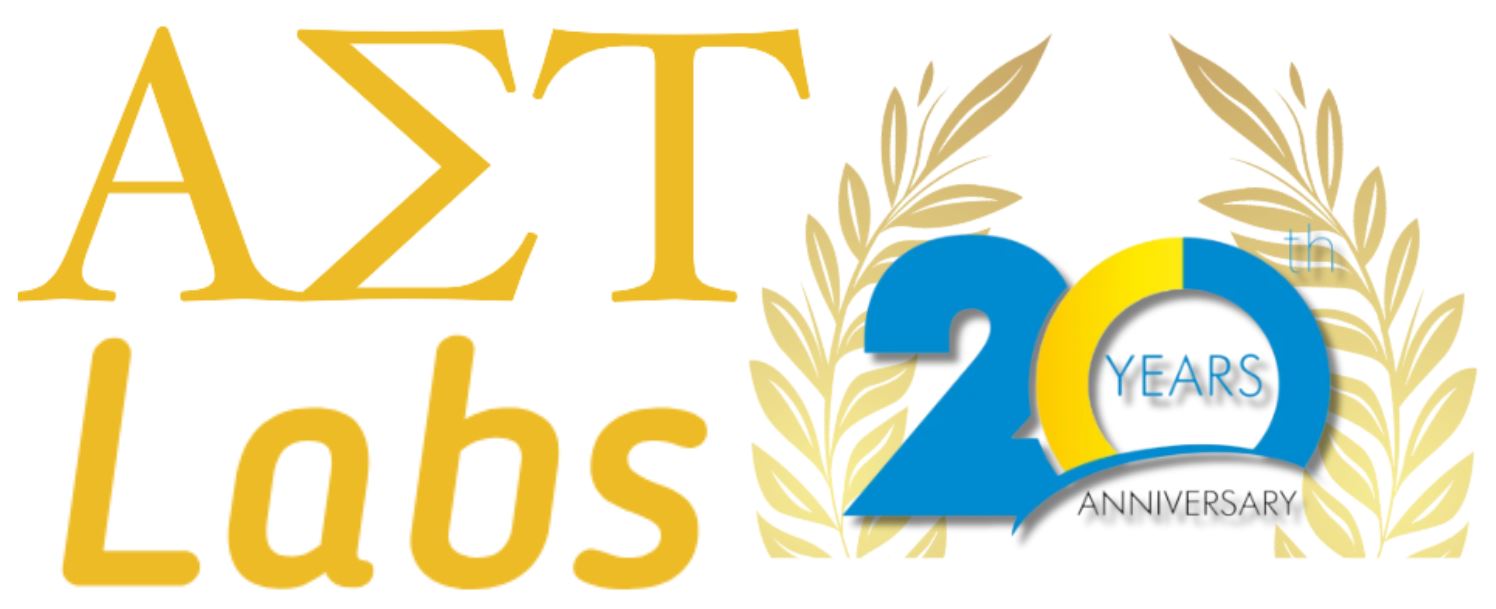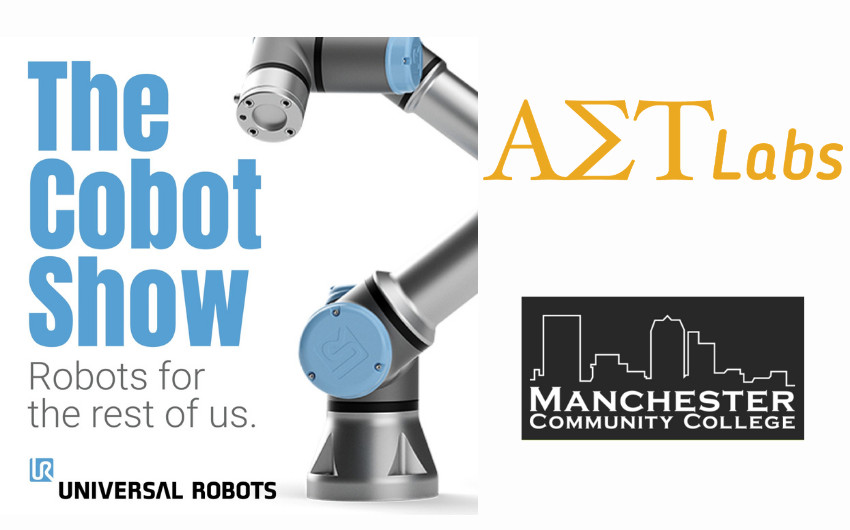Manufacturers have a dire need to hire employees who have technical and critical thinking skills to help automate processes. In the U.S., there are approximately 475,000 unfilled jobs in manufacturing. At Manchester Community College in New Hampshire, students at the high school and college-level learn valuable skills with Universal Robots collaborative robots (cobots), preparing them to contribute right away as they enter the manufacturing workforce.
We joined Dan Larochelle, the Advanced Manufacturing department chair and professor at Manchester Community College, in a conversation with Universal Robots on The Cobot Show podcast. We talked about the state of the manufacturing industry and how Universal Robots cobots are helping students and the workforce they join.
Listen to the full podcast episode below. Read on for some highlights from the conversation.
The Cobot Show, Cobots in the Classroom with Dan Larochelle and Dave Kempskie

Cobots are the future of manufacturing.
The opportunities for deploying cobots in manufacturing are endless, and they are challenging engineers to think differently about how to automate processes. For students learning robotics, traditional robots lack the interaction they need to feel confident and safe operating them. Universal Robots cobots work alongside people, integrate with many technologies, and can be mounted on a mobile stand to move around a manufacturing floor or classroom. They will impact the manufacturing industry's future in ways that we haven't even thought of yet.
Universal Robots cobots get students excited about manufacturing.
The Universal Robots cobots have a simple interface that is not intimidating to first-time users, and you can get deep with more advanced programming. Students can quickly get started using them, especially after taking UR Academy courses. It's seamless to integrate complementary technologies, like a Robotiq gripper and camera, which allows students to understand the design process. They learn why they should be automating processes and see how they can help employers.
Manufacturing employers are looking for applied technicians.
The manufacturing industry needs people who can apply technology to help automate particular processes. They need applied technicians, not just R&D teams, who know how to integrate different technologies into a system, from learning how to use the PLC to setting up the right sensors and attachments. Universal Robots collaborative robots make this easy to implement and teach. Through UR+, they offer an ecosystem of application kits and components to help with a range of solutions.
Manchester Community College is training the manufacturing workforce of the future.
In the advanced manufacturing program at Manchester Community College, students learn various technologies and gain valuable problem-solving skills. They work with 3D printers to create objects they bolt onto Universal Robots grippers. They work on projects for local employers that immediately impact the company and get students promoted (listen to the podcast for this story!). Their students graduate as more than just technicians. They become applied technicians that the employers they work with value.


